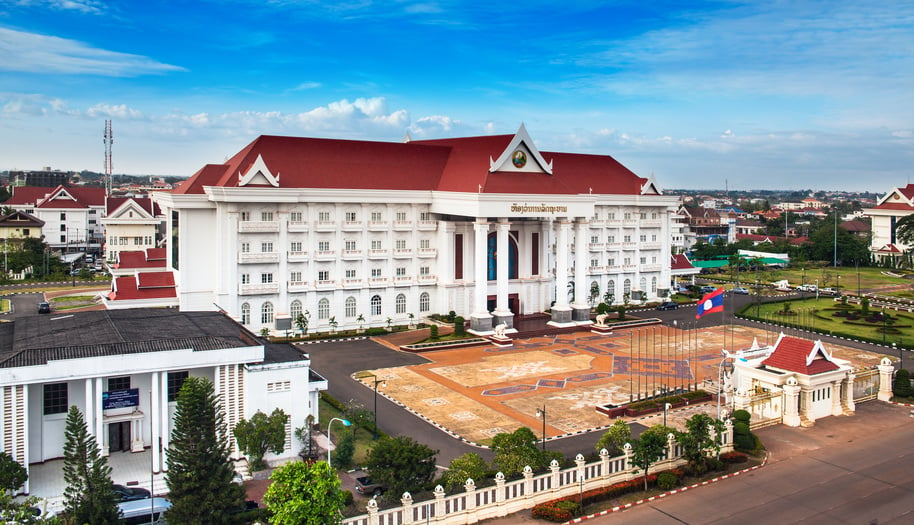Asia Pacific tax authorities are actively seeking to reduce tax leakages, non-compliance, and what they perceive to be tax avoidance activities. To help you position your business for success in an era of ever-changing tax rules and intense scrutiny, our subject matter experts from across the region and globally will come together to examine key developments. We will discuss the impact of emerging trends and current issues on your business models and strategies, sharing practical tips on how you can maximize opportunities to achieve the best risk mitigation outcomes.
In
Tax
Asia Pacific: 37th Annual Tax Conference | 19-20 September 2023 | The Athenee Hotel, Bangkok
by Brendan Kelly, Irvan Ardiansyah, Robert H. Albaral, Rafic H. Barrage, Yvonne Beh, Tom Brennan, Simone Bridges, Pierre T.H. Chan, Nopporn Charoenkitraj, Istee Cheah, Thi Thanh Hoa Dao, Katie Fung, R. Daru Hananto, Jaclyn Ho, Maria Ana Camila C. Jacinto-Lagustan, Yukiko Komori, Niken Kristalia, Nancy Lai, Dennis Lee, Shih Hui Lee, Jason Liang, Amy Ling, Jinghua Liu, Carrie Lui, William Malouf, Kristine Anne Mercado-Tamayo, Ria Muhariastuti, Chris Newman, Krystal Ng, Thanh Vinh Nguyen, Mark A. Oates, Ryutaro Oka, Frank Pan, Ponti Partogi, Dawn Quek, Keerati Saneewong Na Ayudthaya, Panya Sittisakonsin, Geoffrey K. Soh, Junko Suetomi, Luke Tanner, Aek Tantisattamo, Ngoc Trung Tran, Akihiko Tsuda, Wibren M.W. Veldhuizen, Jason Wen, Shanwu Yuan and Luis Zhang
2 Mins Read







